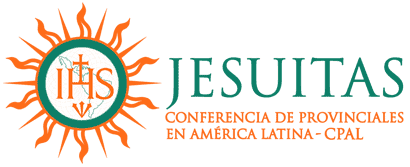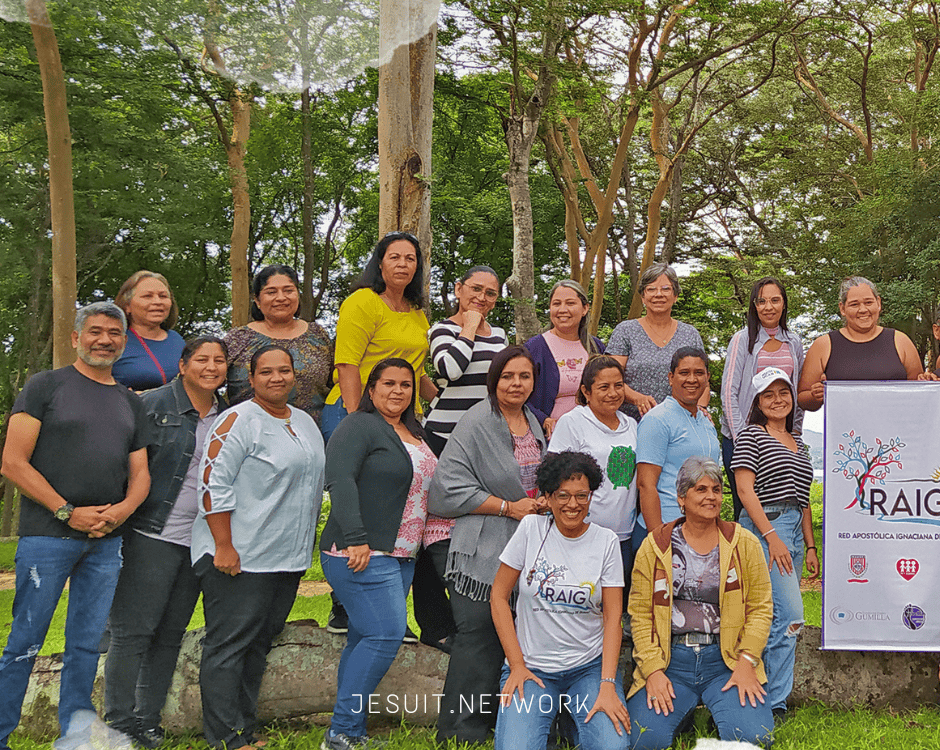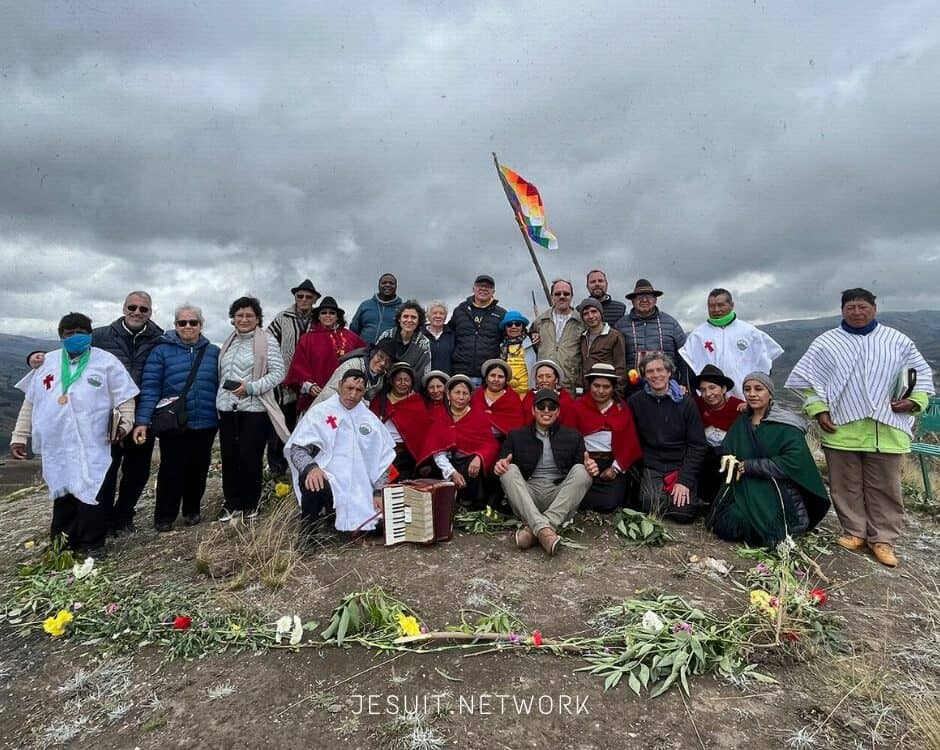This website uses cookies so that we can provide you with the best user experience possible. Cookie information is stored in your browser and performs functions such as recognising you when you return to our website and helping our team to understand which sections of the website you find most interesting and useful.
Educating Global Citizens with and for Others
The Centro Virtual de Pedagogía Ignaciana, (Virtual Center of Ignatian Pedagogy), publishes in its bi-monthly newsletter a special issue focused on Global Citizenship whose framework we publish here in jesuit.network to encourage its dissemination and appropriation.
Pope Francis has called for a world event on 14/5/2020, which will have as its theme “Rebuilding the global education pact”. He considers that “Today more than ever, it is necessary to unite efforts for a broad educational alliance in order to form mature persons, capable of overcoming fragmentation and oppositions and to reconstruct the fabric of relationships for a more fraternal humanity. Therefore, his invitation is to seek “an educational path that will bring to maturity a new universal solidarity and a more welcoming society”. From the perspective of Ignatian pedagogy, one key to this path is the education of global citizens “with and for others”.
In the Jesuit tradition, the formation of the student as a citizen has been mostly guided by these characteristics: critical vision of the reality around him, responsibility, awareness of rights and duties, community values, service to others, commitment to justice and exercise of leadership, with support, above all, in the formal programs of the area of Social Sciences (“Characteristics of the Education of the Society of Jesus”, 1986). In institutional pedagogical proposals, in general, citizenship is worked on as part of integral formation from the socio-political dimension of the student’s profile; however, the model of citizen that one wishes to form is not always made explicit, and even less so how the different dimensions of the profile, the curriculum and the educational culture are articulated to achieve it.
Today it is necessary to revise the vision of education for the exercise of citizenship in the institutions of the Society, to strengthen it in its global dimension, in the light of the complex and changing realities of the world. It is obligatory to ask ourselves: what does it mean to be a global citizen with an Ignatian stamp, how can we make our formation more explicit and concrete, what pedagogical approaches and strategies could help more to create awareness and commitment to being citizens of the world, what can be changed, improved and deepened in the formation of students from initial to higher education, how can we prepare teachers and directors of institutions to take up this challenge?
The theme of promoting global citizenship, with global awareness and commitment to actively contribute to a more just and sustainable world, challenges all the apostolic services of the Society from the “Universal Apostolic Preferences 2019-2029”, and not only the education sector. There is much that all the works can do and contribute in response to this call of Fr Sosa:
Although the concept of “global citizenship” is under construction, our education should be a creative actor in it. Our presence in so many places and cultures of the world allows us to create and propose formation proposals for an intercultural vision of the world, in which all human beings, and their peoples, are holders of a “global citizenship”, in which rights and duties are linked, beyond one’s own culture, nationalisms and political or religious fanaticisms, which prevent the recognition of our radical fraternity. (Speech at JESEDU-Rio 2017):
The bulletin compiles documents that report recent proposals on the concept of global citizenship from an Ignatian perspective, as well as pedagogical strategies to work on the issue with a transformative orientation and for commitment to citizen action, both in educational institutions and in non-formal contexts. There is a great diversity and richness in the angles from which we seek to contribute to the formation of “citizens of the world” in the networks of schools, Fe y Alegría, universities, the Jesuit Refugee Service and the Jesuit Network with Migrants; also, from works of social apostolate and with young people that the Latin American provinces of the Society carry out. We hope that the documentation disseminated by this means will serve to continue advancing in the challenge of “being creative actors in the construction of global citizenship with and for others”.
To access the articles and other information visit the Virtual Center of Ignatian Pedagogy at the following link (in spanish) http://www.pedagogiaignaciana.com/Noticias/VerNoticia.aspx?IdNoticia=1148





